A further 65 were injured when the bombs were detonated at the beloved Sufi shrine in Karachi, sending a stark reminder of the threat posed by Islamist militants to the U.S.-allied nation.
The attack came amid tensions between Washington and Islamabad over NATO helicopter incursions that have led Pakistan to close a key border crossing used to ferry supplies to Western troops in Afghanistan.
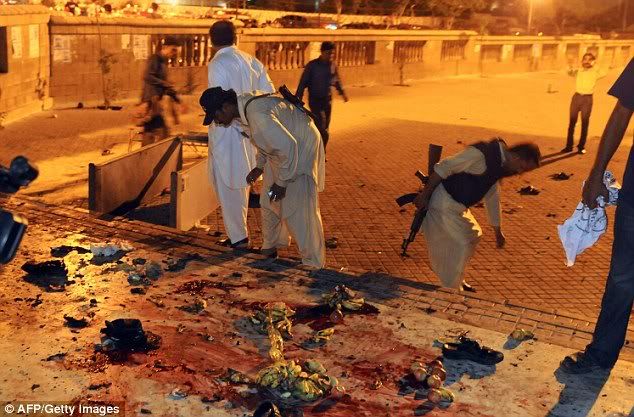
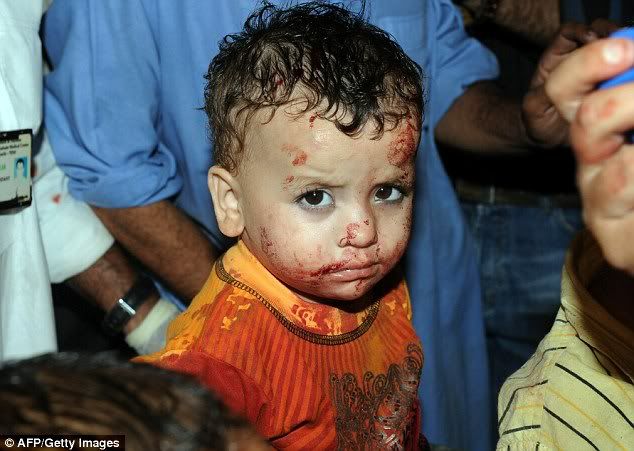
Despite U.S. apologies over the incursions, one of which left two Pakistani soldiers dead, Islamabad said Thursday it had yet to decide when to reopen the crossing.
The explosions at the Abdullah Shah Ghazi shrine in Karachi happened this evening - the busiest time of the week for Sufi shrines across the country.
Thousands typically visit the Ghazi shrine on Thursdays to pray, distribute food to the poor and toss rose petals on the grave of the saint.
Mohibullah Khan, a 38-year-old manual laborer, was about to visit the shrine after evening prayers at a nearby mosque when the explosions occurred.
'I heard a huge bang and smoke billowed from there,' Khan said. 'I ran back toward the mosque and seconds after heard another big explosion. Then I moved to help the wounded and put six or seven of the crying ones in ambulances and police vehicles.'
Gunshots could be heard throughout the city after the attack, while angry mobs torched at least two buses in the downtown area and burned tires on some roads.
Many businesses in the city - home to 16million people - closed early, while Sindh province Home Minister Zulfiqar Mirza said all city shrines were being sealed off.
An Associated Press reporter saw blood, flesh and shoes splattered at the shrine compound in Karachi. A young boy with bloodstained clothes cried for help in a police vehicle, TV footage showed. Dozens of ambulances lined up outside to take victims to hospitals.
The first explosion took place as the suspected bomber was going through the metal detector before a long staircase leading to the main shrine area, said Babar Khattak, the top police official in Sindh province.
The second blast took place about 10 seconds later, farther ahead of the metal detector, he said.
At least seven people died, including two children, Mirza said. Two severed heads found indicated that suicide attackers were involved.
'We have provided the best available security at this shrine,' Mirza said. 'Humanly, it is not possible to stop suicide bombers intent on exploding themselves.'
Pakistani Sufi sites have frequently been the target of Islamist militant groups, whose hardline interpretations of the religion leave no room for the more mystical Sufi practices that are common in this Sunni Muslim-majority nation of 175 million.
Ghazi was an 8th century saint credited with bringing Islam to the region along the coast. Local legend has it that his shrine protects Karachi from cyclones and other sea-related disasters.
Condemnations poured in from Pakistani leaders, including President Asif Ali Zardari, who was staying elsewhere in the city at the time.
'We remain committed to fighting these murderers and expelling them from our land,' Zardari aide Farahnaz Ispahani said.
In July, twin suicide bombers in the eastern city of Lahore attacked Data Darbar, Pakistan's most revered Sufi shrine, killing 47 people and wounding 180.
That attack - also on a Thursday - infuriated many Pakistanis, who saw it as an unjustified assault on peaceful civilians. In the aftermath, even amid fury against militants, many also blamed the U.S. presence in Afghanistan for fueling Islamist violence in their nation.
The frustration with the U.S.-led coalition in Afghanistan has increased over the past two weeks due to the NATO helicopter strikes on Pakistani territory.
The U.S. has apologized and expressed condolences yesterday for the September 30 attack that killed two Pakistan border guards, and said the helicopters mistook them for insurgents being pursued across the border from Afghanistan.
The apologies raised expectations that the Torkham border crossing along the famed Khyber Pass could reopen very soon. But Pakistan Foreign Ministry spokesman Abdul Basit said at a news conference todaythat authorities were still evaluating the situation and would make a decision 'in due course.'
Pakistan closed Torkham to NATO supply convoys on the same day as the helicopter attack, leaving hundreds of trucks stranded alongside the country's highways or stuck in traffic on the way to the one route into Afghanistan from the south that has remained open. Suspected militants have taken advantage of the impasse to attack stranded or rerouted trucks. Gunmen torched 70 fuel tankers and killed a driver in two attacks Wednesday.
NATO officials have insisted the border closure has not caused supply problems for troops since hundreds of trucks still enter Afghanistan each day through the Chaman crossing in southwestern Pakistan and via Central Asian states.
But reopening Torkham is definitely a priority for NATO because it is the main crossing in Pakistan, the country through which NATO ships the majority of its supplies into Afghanistan. Other routes are more expensive and logistically difficult.
Amid the border tensions, the U.S. has kept up its missile strikes in Pakistan's tribal belt, where several militant groups are based.
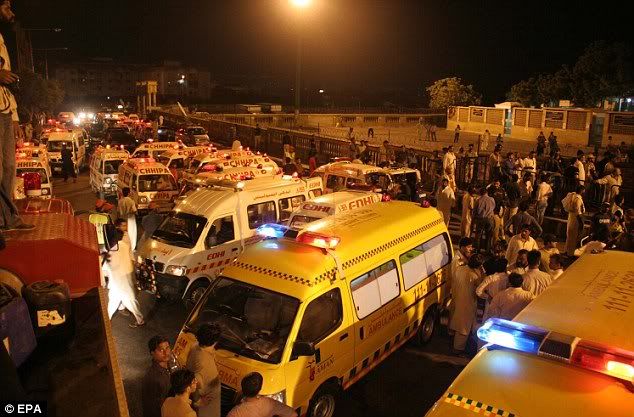
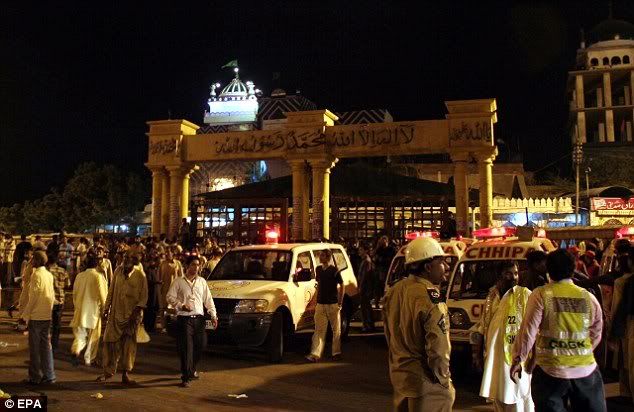
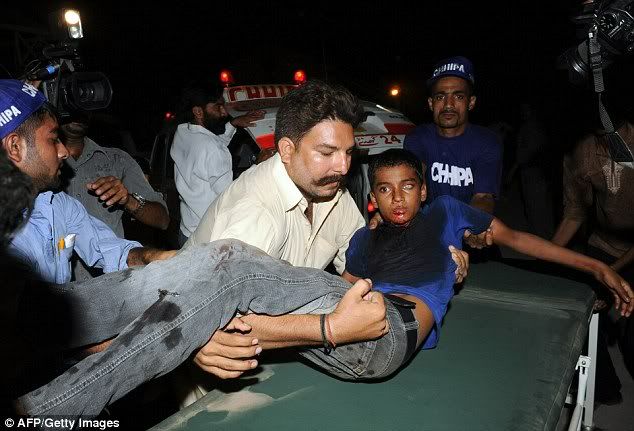









































0 comments:
Post a Comment